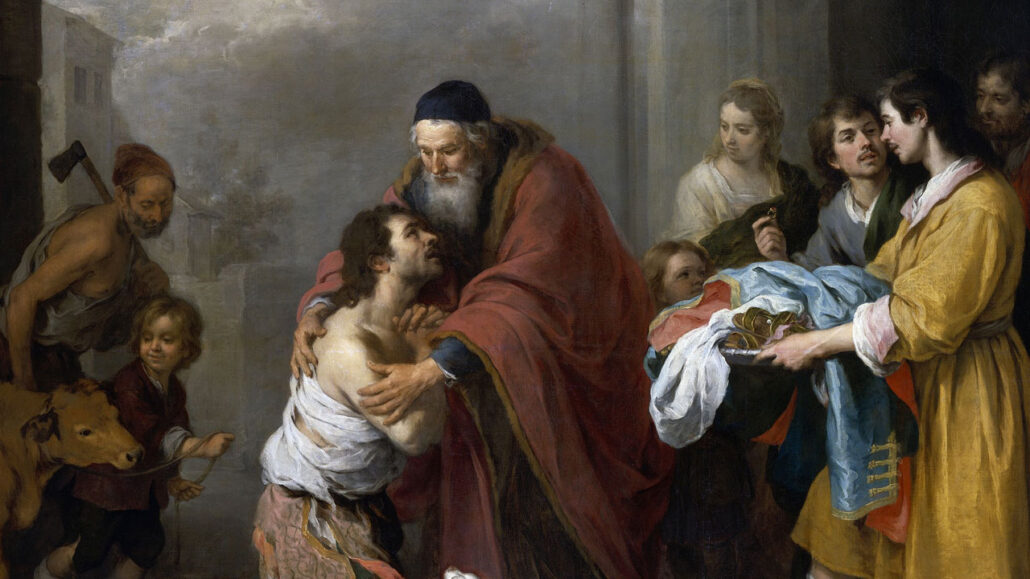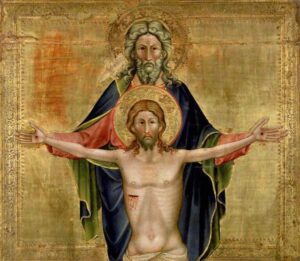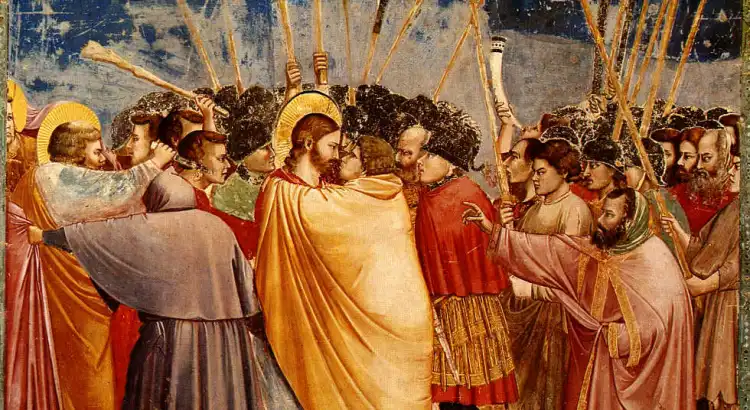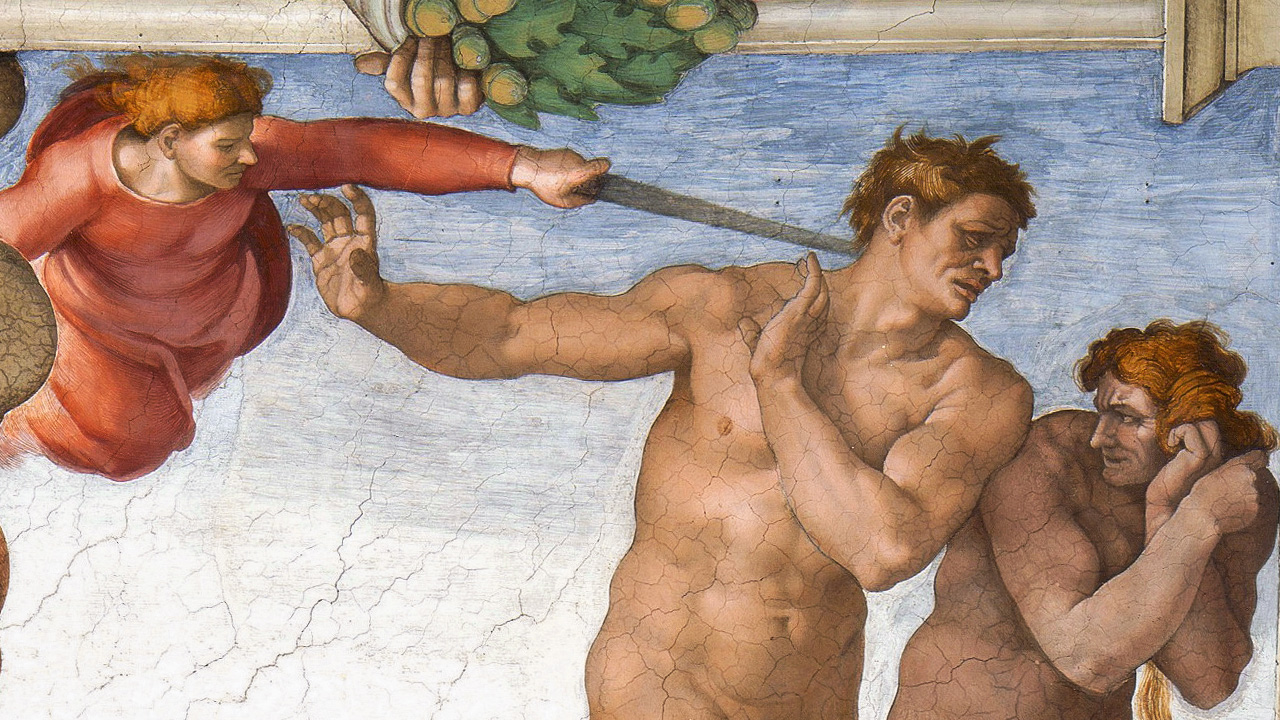Question:
Question: Do the prayers and good works done by a person in mortal sin have merit? What would happen if:
a) the person has the intention of going to confession and re-establishing his friendship with God as soon as he can?
b) the person lives in a situation in which it is not possible to re-establish grace (for example, a divorced person who lives with another person)?
It seems to me that many people who commit a sin feel that their prayer is no longer useful, and they turn away from pious practices, thus becoming weaker to face new temptations. Thank you in advance.
Response:
It is an essential condition for a work to be meritorious that it be done in a state of grace. Theologians have wondered what happens when one has done meritorious works, then sins and converts again. They speak in such a case of ‘reviviscence’ (reviving) of previous merits. But, as St. Thomas explains (Summa Theologica III, q89, a5) this does not mean that those merits ‘die’ because of sin and then revive; in reality the merits remain before God, but they do not have efficacy to bring to eternal life the person who merited them because of the impediment introduced by sin. On leaving the state of sin through penance, the impediment disappears and those works recover the efficacy of leading to eternal life to those who did them.
On the other hand, the good works of one who is in mortal sin, without ceasing to be good, are not supernaturally meritorious; therefore, when the person who has done them comes out of sin, they cannot recover their merit because they never had it. These works, says St. Thomas (Summa Theologica, III, q89, a6) are called ‘dead’, because although they are good in their type, they are done without charity which is the principle of life. “But works cannot proceed a second time from a principle, because they are transitory, and the same identical deed cannot be resumed. Therefore, it is impossible for dead works to be quickened by Penance”.
This does not detract from the fact that these works are good humanly speaking and that they have merit before men. But they lack supernatural merit.
Fr. Miguel A. Fuentes, IVE
Original Post: Here
Other Post: Long-Distance Confession














